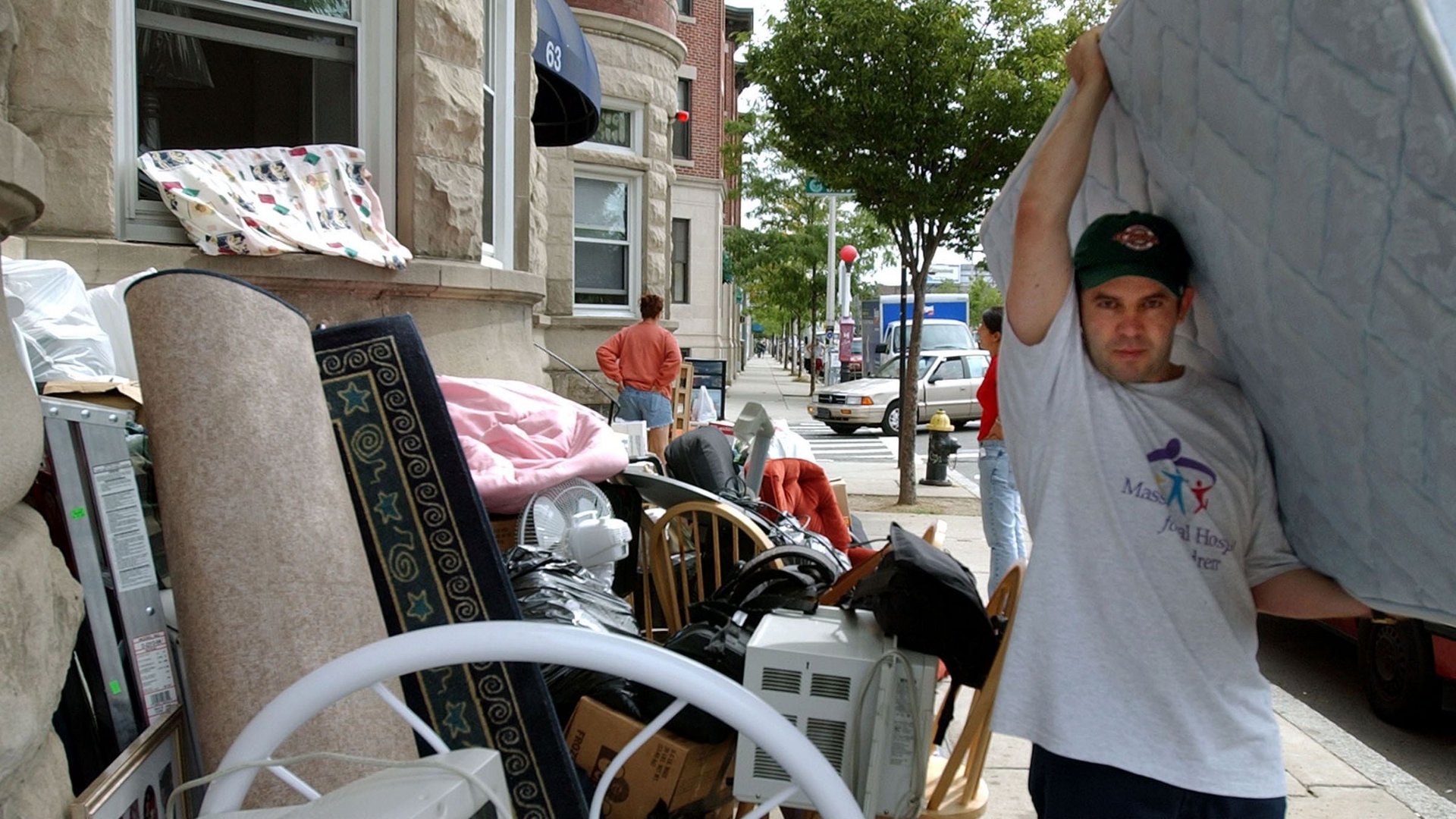Uber’s new service reflects the rise of downtime in America—and the fall of full-time jobs
Uber has demonstrated that it can cheaply and efficiently deliver cars to specific addresses (provided it’s neither a snow storm nor a national holiday), so now the company is going meta and getting into the delivery business for everything else.


Uber has demonstrated that it can cheaply and efficiently deliver cars to specific addresses (provided it’s neither a snow storm nor a national holiday), so now the company is going meta and getting into the delivery business for everything else.
>UberRUSH, a new courier service starting today in Manhattan, is an “Uber for things,” according to Josh Mohrer, the general manager of Uber NYC. It works like this. You want to send your air mattress to your friend downtown. You request a delivery person on your Uber app. He arrives and picks up the air mattress. You can track him on the phone as he bikes or walks (runs, skates, etc.) downtown. He drops it off at your friend’s place and snaps a picture to make sure it’s the right location. You pay $15.
It’s hard to know how big a deal to make of this. One the one hand, it’s an expensive on-demand courier service, which seems occasionally useful, if rarely urgent, and less than revolutionary. On the other hand, you’ve got people like Aaron Levie, the smart CEO of Box, tweeting: “UberRush is like when Amazon first revealed it was no longer *just* a bookstore. Now comes a steady march toward global domination.”
The growth of Uber (for on-demand ride-sharing) and Airbnb (for on-demand room-sharing) and TaskRabbit (for on-demand projects) has been identified as a feature of America’s emerging Part-Time Economy. The idea is that Americans can’t find work in the formal labor market, so we’re sharing our time and possessions with paying customers in a new less formal “sharing” economy. The problem with this idea is that the part-time economy is, by all accounts, a myth. America doesn’t have a new part-time jobs problem. We have an old-fashioned shortage of jobs. People have too much non-salaried time on their hands.
So rather than the rise of the part-time economy, perhaps it’s the rise of the Downtime Economy. Uber and its ilk allow people to charge money for resources—our rooms, our cars, our time—when we’re not using them.
Companies in the downtime economy are betting that more people want to bill their leisure time. Maybe they will. There is plenty of leisure time to bill. But it’s also the case that as the economy continues to grow, and more restaurants and shops learn they don’t need Groupon to survive, and more people realize they don’t need TaskRabbit to make ends meet or drive an Uber or Lyft to make their rent payment, the informal economy built around monetizing our down time won’t seem as promising as it does today. It certainly won’t seem as promising as it did during the recession, when people got really excited about the sharing economy, partly because we had so much time to share. A national UberRUSH workforce criss-crossing a city for $15 a pop: Is that a global domination plan to celebrate, or a workforce outcome to grieve? Both?
Today’s question is simply if anybody will use UberRUSH. But tomorrow’s question might be: If tens of thousands of people are better off working as couriers for an app than working as a salaried employee of a company with benefits, what does it say about an economy that our downtime is more valuable than work.